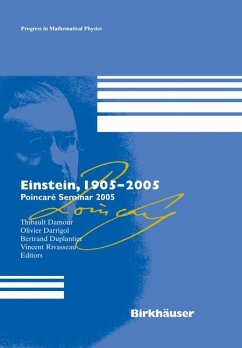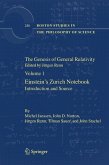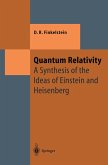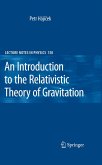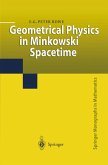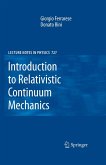The Poincaré Seminar is held twice a year at the Institute Henri Poincaré in Paris. The goal of this seminar is to provide up-to-date information about general topics of great interest in physics. Both the theoretical and experimental results are covered, with some historical background. Particular care is devoted to the pedagogical nature of the presentation. This volume is devoted to Einstein's 1905 papers and their legacy. After a presentation of Einstein's epistemological approach to physics, and the genesis of special relativity, a centenary perspective is offered. The geometry of relativistic spacetime is explained in detail. Single photon experiments are presented, as a spectacular realization of Einstein's light quanta hypothesis. A previously unpublished lecture by Einstein, which presents an illuminating point of view on statistical physics in 1910, at the dawn of quantum mechanics, is reproduced. The volume ends with an essay on the historical, physical and mathematical aspects of Brownian motion.
Contributing authors:
Jacques Bros Thibault Damour Olivier Darrigol Bertrand Duplantier Albert Einstein Philippe Grangier Ugo Moschella Clifford M. Will
Additional information (e.g. color versions of pictures) can be found at www.birkhauser.ch/3-7643-7435-7
Dieser Download kann aus rechtlichen Gründen nur mit Rechnungsadresse in A, B, BG, CY, CZ, D, DK, EW, E, FIN, F, GR, HR, H, IRL, I, LT, L, LR, M, NL, PL, P, R, S, SLO, SK ausgeliefert werden.

